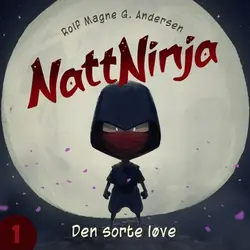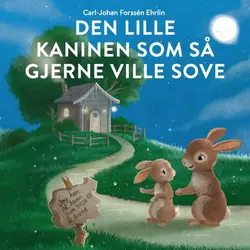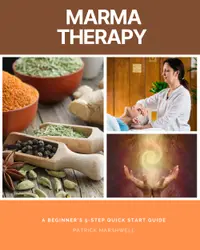Reveals how we can learn from the intelligent communities of trees and plants
• Shares breakthrough research on how tree and plant communities function, revealing a holistic, interconnected, communal, and sentient new world
• Examines the attributes we share with trees and plants and how the behaviors of altruism, cooperation, and community are genetically coded in our beings
• Looks at how to learn to see, think, imagine, and live with holistic eco-centric awareness and the benefits that come from working with our plant allies
Breakthrough research is not only revealing a brilliant green world with amazing attributes like dispersed intelligence but also that humanity, like the tree and plant kingdom, thrives on innate cooperation, sharing, altruism, and community.
Breakthrough research is not only revealing a brilliant green world with amazing attributes like dispersed intelligence but also that humanity, like the tree and plant kingdom, thrives on innate cooperation, sharing, altruism, and community.
Exploring the latest cutting-edge environmental and ecological studies, climate advisor and environmental advocate Judith Polich explains how we can now see how tree and plant communities function, revealing a holistic, interconnected, communal, and seemingly sentient new world. She explains how trees communicate, how they share resources, and other ways in which they express holistic and cooperative behaviors.
Looking at the new scientific understanding of the evolutionary basis of altruism, cooperation, and community—and how these behaviors are genetically coded in our beings—the author examines the attributes we share with trees and other plant communities. She explores the healing powers offered by the plant kingdom, not just as medicines but through shared sentience that can help heal our sense of dissociation and disenchantment. Revealing how to see, think, imagine, and live with holistic eco-centric awareness, the author discusses how the stories we tell ourselves and our spiritual belief systems are becoming greener, including a resurgence of beliefs that originated with plant teachers. She also explores how to overcome our current cognitive biases through greater interaction with plant intelligence.
By viewing the world through a greener lens, not only can we reframe and unravel the deeper causes of the climate crisis, but we can also help co-create a new more conscious world with our plant allies.















